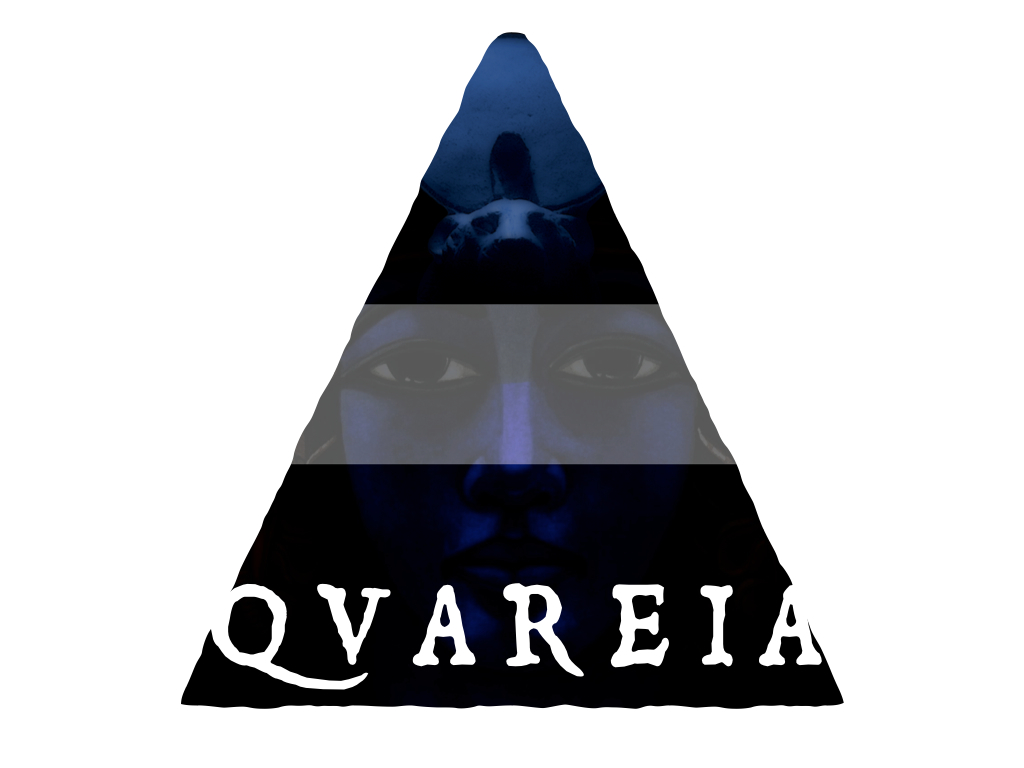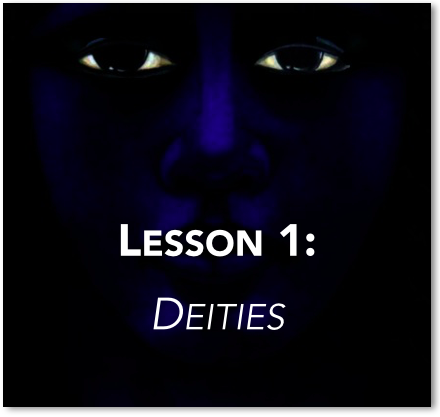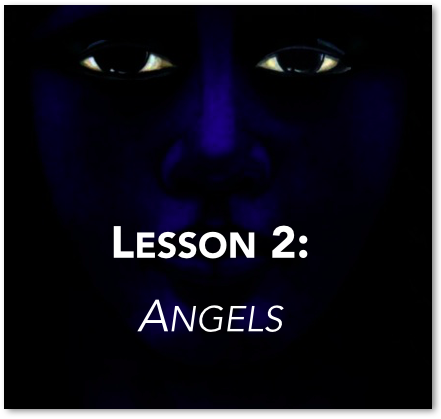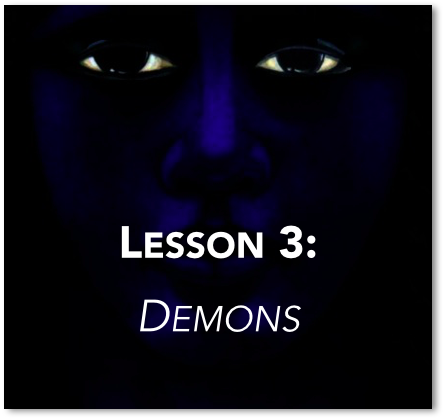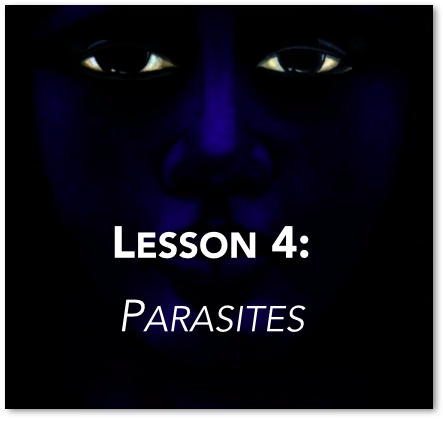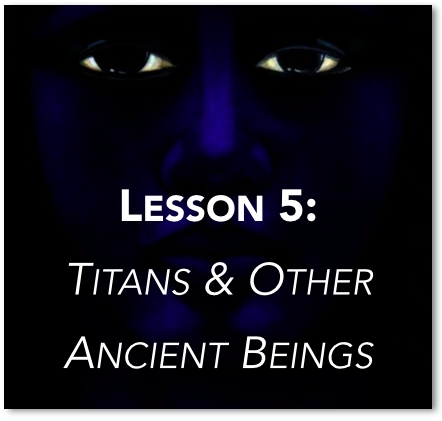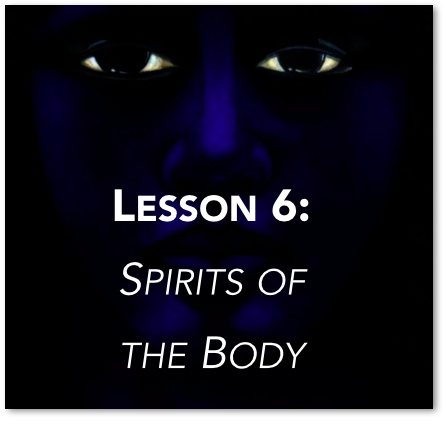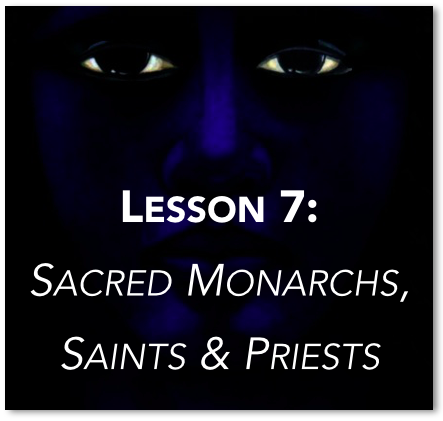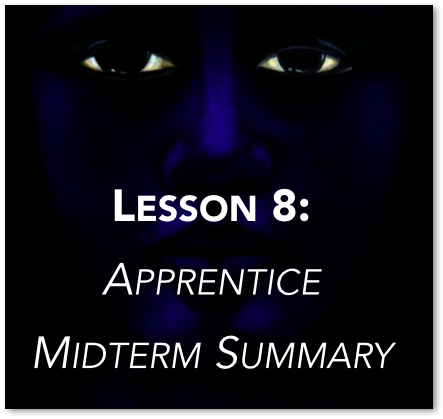The Apprentice
Module 6: Different Types of Beings
In this module we will look at some of different types of beings, and how the magician works with them, and why. The one thing to start thinking about now is the concept of good and bad. As we go through the lessons, we will look at beings that are considered ‘bad’ and others that are considered ‘good.’ It is important as a magician to ask, “good/bad for whom?” We tend to look at the world from a human perspective, because we are humans (duh), but what is bad for a human is often good for another being or creature.
This is a fundamental question for magicians, as it takes us out of the human-centric world and places us in the midst of a community of beings, creatures, forces, and landmasses. In the last few decades, Western societies have moved from being civil societies where everyone contributes towards a greater good, to consumer societies where everyone looks out for themselves. This has seeped into religion and magic, which has in turn affected how we interact with magic, and with everything around us.
Although that self-centred perspective has always been a part of humanity (it is, after all, a survival mechanism), it has not been quite so polarised or extensive as it is today for quite some time. This has affected how magic is operated, and in turn it has also deeply affected how we interface with everything around us.
So with that in mind, when reading and working with these various lessons, keep that fundamental question in mind: “good/bad for whom?”
This module does not cover all beings, as that would be impossible and also not necessary at this stage of training. However, the module shines a light on some of the more key types of beings that western magicians are likely to come across during magical training. As you progress through the course, your understanding of the wealth of different beings will slowly widen out as you encounter some of the vastly diverse inner and outer community through your work.
Course Study Information
Pace yourself. Some modules can be done together, some cannot. You will quickly realise which ones are weekly exercises that are ongoing, and which ones you need to focus on exclusively. Work out a rota of study/experimentation that works for you. There is no clock ticking, and it is not a race.
Keep paper and online notes in English. This is very important.
JOURNALS AND EXERCISES
Each lesson potentially presents a combination of exercises, tasks, journal keeping, computer logs, and most have experiments. There is a lot of practical tasks and work in the course, and you are expected to keep written records of how the work went for each session, - your journal should include what you felt, what you observed, and what happened or didn’t happen. These journals are important as they are a record of your work done, and without these notes, you cannot apply to join our online debate forum, nor can you attend any online or in person Quareia events. It is also a prerequisite for mentoring – without suitable apprentice notes you cannot apply for the free mentoring in the Initiate and adept sections of the course.
When you are directed to specifically handwrite your notes in a journal, please do so if you can, as the handwriting will later form a part of contacted writing training. For submission to Quareia, if the hand notes are easily readable (each page should have the date, your name, along with the module and lesson number), scan or photograph them, and name each file according to the lesson and module. If your handwriting is difficult to read, please type it up into a MS word or PDF format. If handwriting is difficult for you, do your notes and journals on computer, but also practice a little in using your hand for contacted writing/sigil drawing – these hand scribbles will just be for yourself so it doesn’t matter what they look like, but whenever possible practice using the hand briefly in a magical way.
All other written work, essays and journaling can be done on computer file – keep backups or print outs, as you cannot be mentored or accepted into the debate forum if you cannot produce them.
Quareia Journalling - how to
Don’t just get one journal and put everything into it. Have an exercise book or notebook (or computer file) for each module or even each lesson - journals do not need to be expensive or fancy, simple cheap school exercise books will suffice. Don’t worry about wasting paper - over the years of your magical life, you will find yourself going back to early notes/Journals and adding to the notes of a lesson. Ensure that your handwriting is clear and readable, and if it isn’t, keep the handwritten journal for initial notes, and then type them up in full on computer. It is important that some of your work is handwritten, even if it is not submitted.
If you wish to be mentored through the Initiate and Adept training, these online and paper written notes will be a part of your application. Without them, you cannot be mentored.
Learn to be flexible and adaptable. If you come across something in the course you are not sure how to do or do not fully understand, take a step back and think about it. It is important to learn how to adapt, experiment and move forward without having every step re explained many times over – if you get stuck, work it out for yourself!
Do not skim through the lessons. You simply will not learn and you will not properly develop. Slow down, take your time - this is not a sprint, it is a marathon that will take its own time. The Apprentice section is long and hard - it will take you at least 3 years to get through it, usually more.
If you have any questions, please check out the Apprentice study guide on our free books page, and also read our Faqs page
The Apprentice - Module 6
“Remember, twenty minutes a day of practice is far better than one or more hours once or twice a week. Little and often is the key.”
